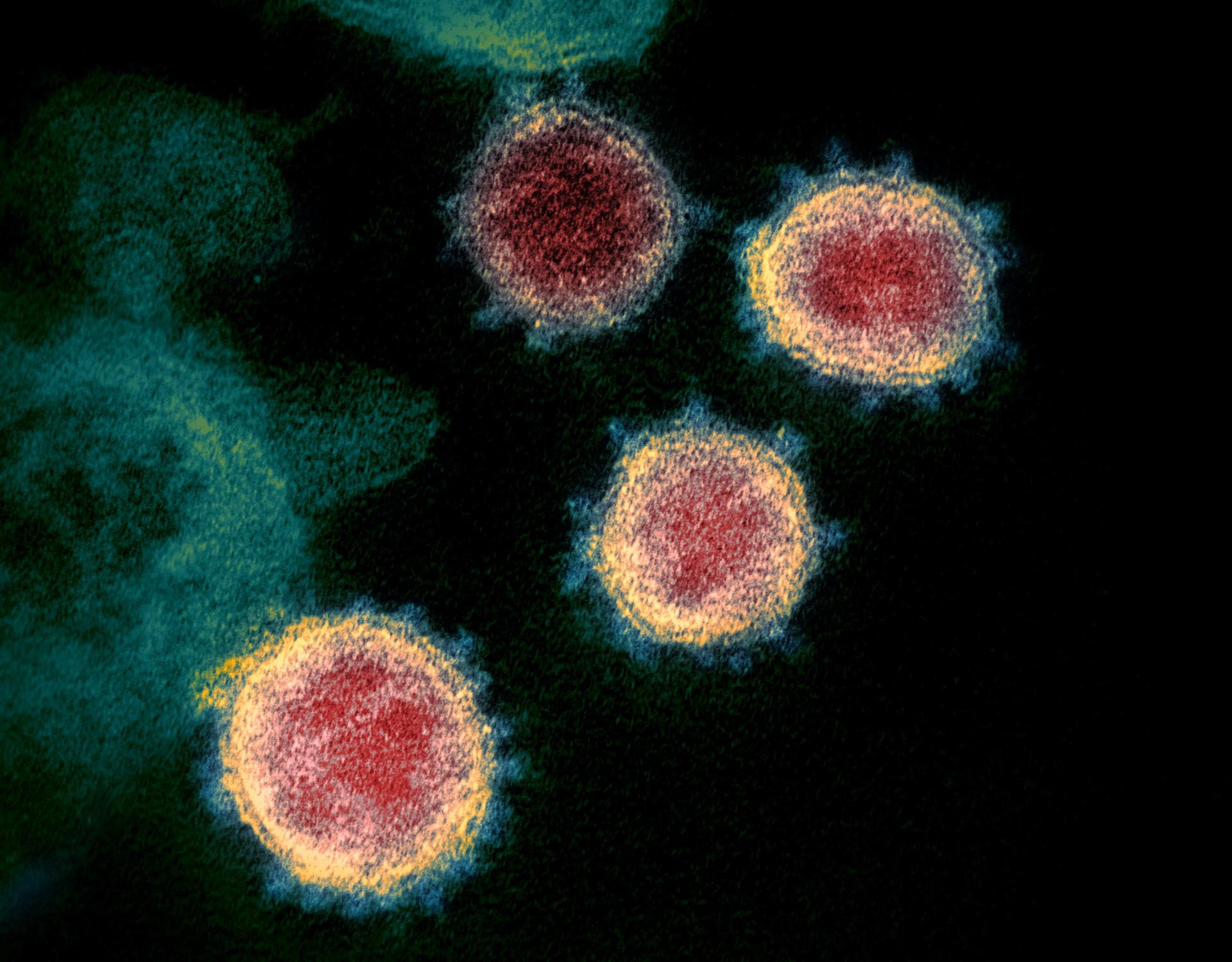The emerging role of perivascular cells (pericytes) in viral pathogenesis
Viruses may exploit the cardiovascular system to facilitate transmission or within-host dissemination, and the symptoms of many viral diseases stem at least in part from a loss of vascular integrity. The microvascular architecture is comprised of an endothelial cell barrier ensheathed by perivascular cells (pericytes). Pericytes are antigen-presenting cells (APCs) and play crucial roles in angiogenesis and the maintenance of microvascular integrity through complex reciprocal contact-mediated and paracrine crosstalk with endothelial cells. We here review the emerging ways that viruses interact with pericytes and pay consideration to how these interactions influence microvascular function and viral pathogenesis. Major outcomes of virus-pericyte interactions include vascular leakage or haemorrhage, organ tropism facilitated by barrier disruption, including viral penetration of the blood-brain barrier and placenta, as well as inflammatory, neurological, cognitive and developmental sequelae. The underlying pathogenic mechanisms may include direct infection of pericytes, pericyte modulation by secreted viral gene products and/or the dysregulation of paracrine signalling from or to pericytes. Viruses we cover include the herpesvirus human cytomegalovirus (HCMV, Human betaherpesvirus 5), the retrovirus human immunodeficiency virus (HIV; causative agent of acquired immunodeficiency syndrome, AIDS, and HIV-associated neurocognitive disorder, HAND), the flaviviruses dengue virus (DENV), Japanese encephalitis virus (JEV) and Zika virus (ZIKV), and the coronavirus severe acute respiratory syndrome-related coronavirus 2 (SARS-CoV-2; causative agent of coronavirus disease 2019, COVID-19). We touch on promising pericyte-focussed therapies for treating the diseases caused by these important human pathogens, many of which are emerging viruses or are causing new or long-standing global pandemics.

